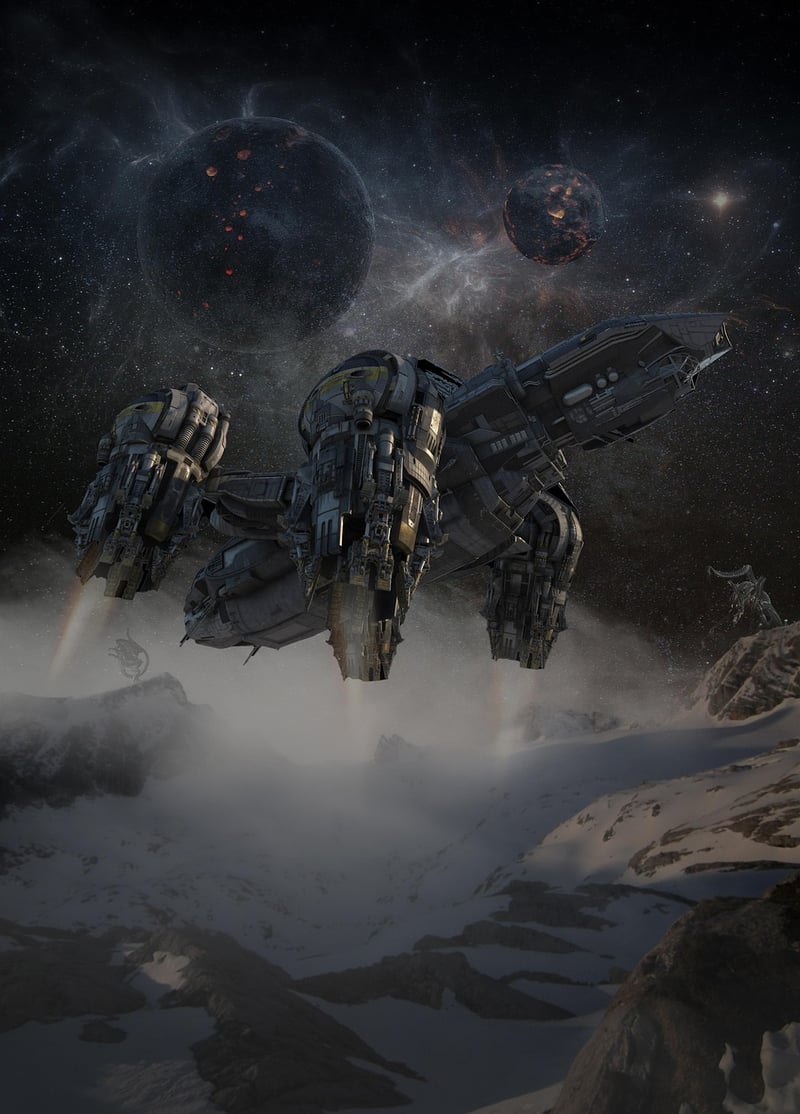Temporal Mechanics
Exploring Time Anomalies and Temporal Mechanics
Time travel has long been a fascinating concept that captures the imagination of many, from scientists to science fiction enthusiasts. The idea of altering or moving through time raises intriguing questions about causality, paradoxes, and the very nature of reality itself.
Time Anomalies
Time anomalies refer to disruptions or irregularities in the normal flow of time. These anomalies can manifest in various ways, such as:
- Time Loops: Events or periods of time that repeat themselves.
- Time Dilation: The stretching or compressing of time relative to a reference frame.
- Time Jumps: Sudden shifts forward or backward in time without apparent cause.
Exploring time anomalies can provide valuable insights into the underlying principles of temporal mechanics and the fabric of the universe.
Temporal Mechanics
Temporal mechanics is the study of how time functions and the principles that govern its behavior. Key concepts in temporal mechanics include:
- Causality: The relationship between cause and effect within the timeline.
- Grandfather Paradox: A theoretical scenario where a time traveler could prevent their own existence by altering the past.
- Wormholes: Hypothetical shortcuts through spacetime that could enable time travel.
By delving into temporal mechanics, researchers seek to unravel the mysteries of time and understand the possibilities and limitations of traversing its bounds.
Conclusion
Time anomalies and temporal mechanics offer a captivating glimpse into the complexities of time itself. While the practical realization of time travel remains a distant dream, the exploration of these concepts fuels scientific curiosity and sparks the imagination of those who ponder the mysteries of the universe.


For more information on time anomalies and temporal mechanics, you can visit NASA's article on Time.
